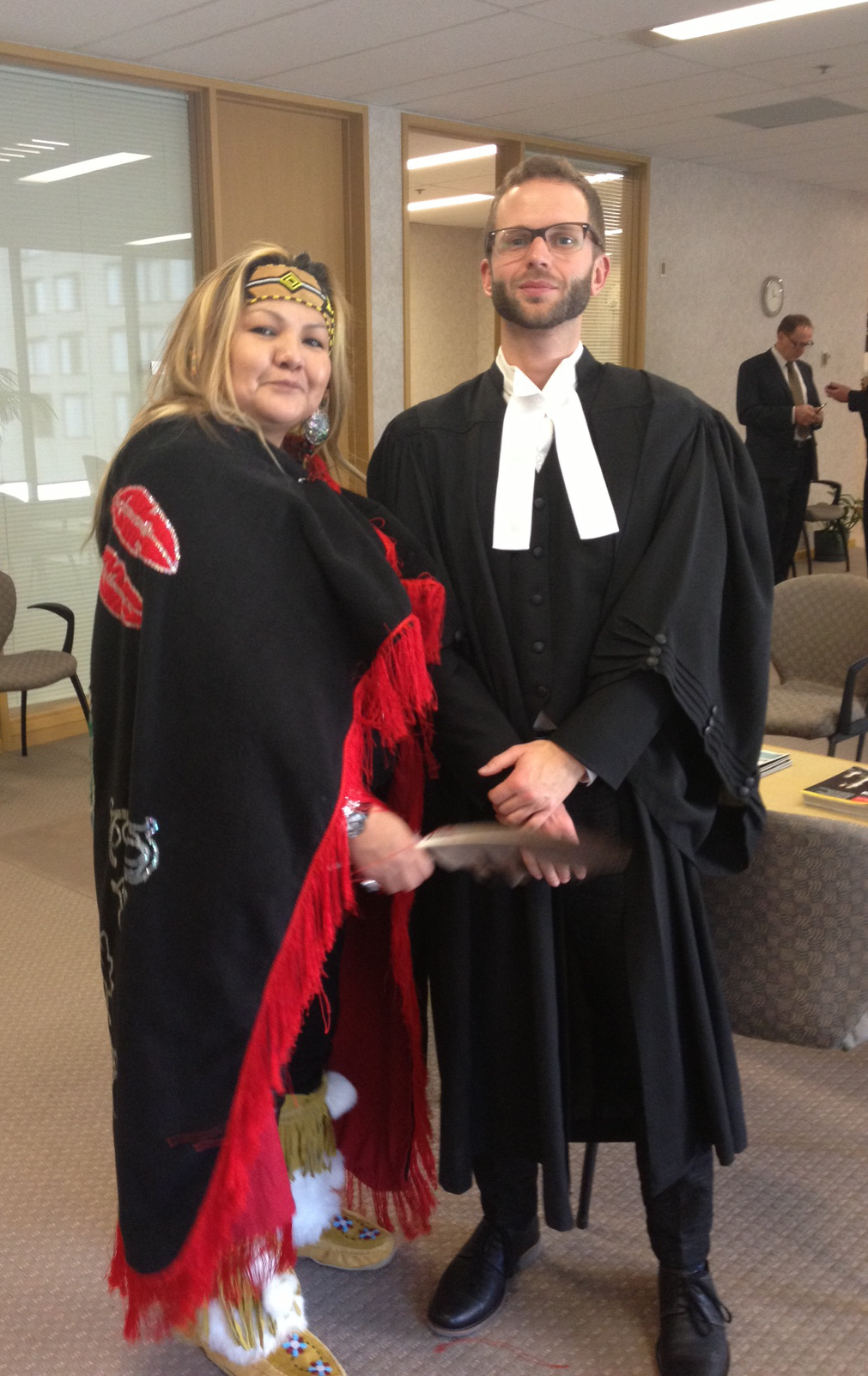
How my view of the world changed over the course of a fight against a megaproject
Understandably, those opposed to the Kinder Morgan Trans Mountain project have not been in a mood to celebrate this past week. At the same time as the Prime Minister announced the federal government’s approval of Kinder Morgan (and the Enbridge Line 3 project), he confirmed something that most people already knew to be true: the Enbridge Northern Gateway project is dead. In addition to rejecting Northern Gateway, last week the federal government also provided preliminary details on oil tanker ban legislation that it will introduce in spring 2017.
In the circumstances of the Kinder Morgan approval, it is easy to gloss over the federal rejection of Northern Gateway, especially given that the project was already very seriously floundering. But the fact that First Nations, communities and individual citizens who opposed Northern Gateway were successful in stopping the project, even in the face of a previous federal approval and a determined pipeline company with deep pockets, deserves a moment of reflection.
So here’s mine.
After law school, I moved back to my home province of BC to article at a law firm in North Vancouver. Not long after I started, a lunchtime conversation with a couple colleagues turned to the topic of Northern Gateway. At the time, the Northern Gateway Joint Review Panel had yet to begin any hearings and, while there was a lot of public opposition to the project, there was also a widespread sense that the federal government intended to approve it. (In fact, around about the same time, Canada’s Minister of Natural Resources was already publically stating that he thought Northern Gateway was in the national interest). At this lunchtime conversation, I was asked what I thought about the project.
I still remember my answer: “It should never go ahead, but it will probably be built anyway.”
Little did I know that, in only a couple years, I would leave that law firm for West Coast Environmental Law, and Northern Gateway would become my main file. Now, after years of submissions, meetings, phone calls, gatherings, press conferences, drafting, days in court, and some more meetings for good measure, the federal rejection of Northern Gateway has been an opportunity to step back from the day-to-day and think about my answer to that question I was asked as an articled student, and how much I have learned in the meantime.
I have learned that to adopt a defeatist attitude is to give permission for your voice to be ignored. I have learned how deeply people can love the land and water around them, and how this can provide all the inspiration that is needed to keep speaking. And I have learned that, when communities speak together, when they strategize and support each other in service of a future they believe in, there is no such thing as insurmountable odds.
In the face of the waves of other projects like Kinder Morgan, in the face of climate change, and habitat loss, and biodiversity decline, these lessons are helpful for me because they provide a pretty simple blueprint for moving forward: focus on the strength of your relationships with the world around you, and be willing to speak.
If Northern Gateway is any indication, when enough people do that together, big challenges start to look a lot smaller.
By Gavin Smith, Staff Counsel
Photo: Staff Counsel Gavin Smith with Geraldine Thomas-Flurer of the Yinka Dene Alliance during Northern Gateway court hearings in October 2015.